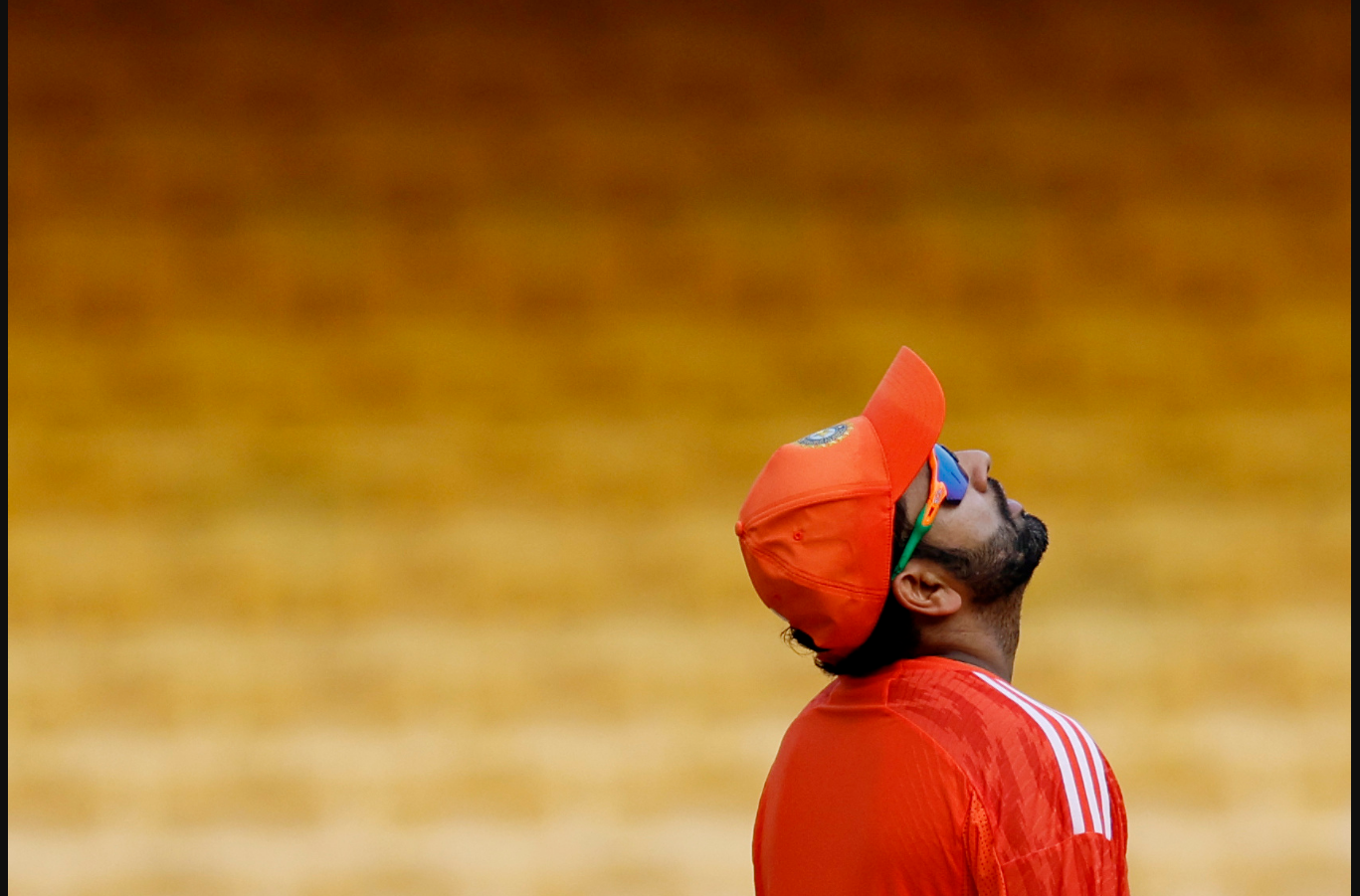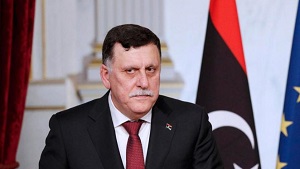Kremlin critic Navalny discloses details of ‘extremism’ ruling
Moscow (Reuters) – The legal defence team of jailed Kremlin critic Alexei Navalny on Wednesday made public for the first time the full text of a Russian court ruling that outlawed his political network as “extremist” on June 9.
The ruling, described by the lawyers as part of an “unprecedented crackdown” on Navalny’s activities, bans his allies from running in elections and grants authorities the power to jail activists and freeze their bank accounts.
Navalny, President Vladimir Putin’s most prominent domestic critic, is serving a 2-1/2 year jail sentence for parole violations he says were trumped up. His jailing has strained Russia’s relations with the West, which has demanded that he be freed and criticised the extremism ruling.
The 16-page document outlined the court’s reasoning for the ruling, which was handed down behind closed doors.
The court defined the group as “extremist” on the grounds that its calls for people to protest caused “damage to public order, to public security, to the interests of individuals and companies”.
Such protests, according to the court, violated the rights and freedoms of citizens in Russia.
Summarising the document, the legal team said in a statement that the ruling was short of examples of extremism by Navalny’s organisations. The only examples brought were three specific political protests organised in 2019 and 2021.
The verdict said Navalny’s team aimed to foment social discord and undermine public security and the integrity of the Russian Federation. It aimed, according to the verdict, to instigate a violent upheaval of the constitutional order.
Last week, following his high-profile summit with U.S. President Joe Biden, Putin defended the extremism ruling. He cited what he said was the Navalny group’s sharing of instructions about how to make Molotov cocktails.
That allegation was denied by Navalny’s allies and his legal team noted on Wednesday that there was no mention of Molotov cocktails in the court ruling.
Instead, other pieces of evidence were offered that the legal team questioned in its statement.
“According to the judge, individuals associated with the Anti-Corruption Foundation and Navalny’s headquarters used Nazi paraphernalia and symbols in their activities,” the lawyers wrote. But no actual link between the individuals and Navalny’s organisations was established by the Prosecutor’s Office, the lawyers said.



